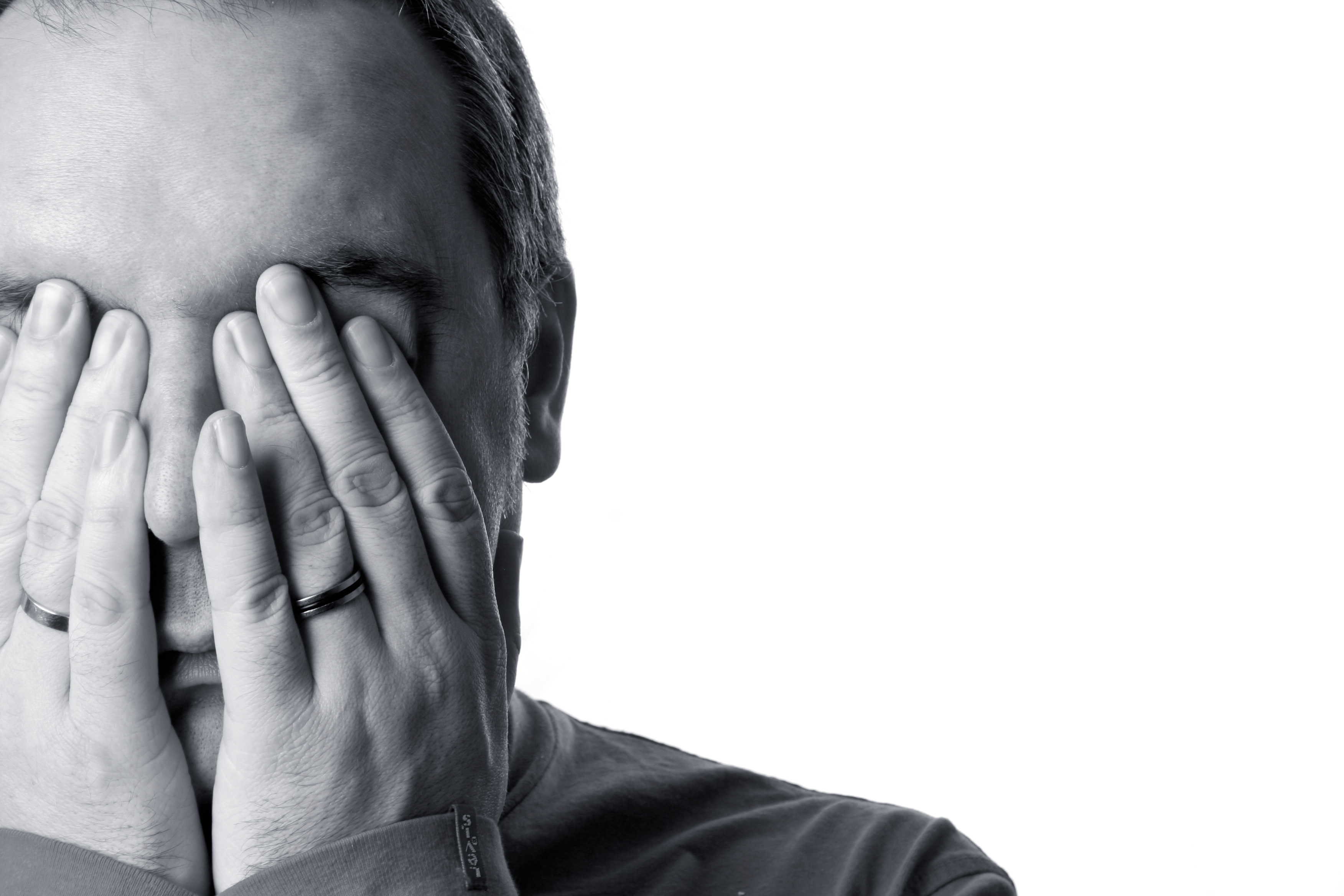
THURSDAY, Feb. 24 (HealthDay News) — People are more likely to act morally than they would predict, a new study finds.
Researchers gave a 15-question math test to two groups of volunteers. A $5 reward was offered for 10 or more correct answers.
One group was told that a software problem would cause the correct answer to appear on the computer screen if they hit the space bar, but only they would know if they hit the space bar. Another group was given the test without the opportunity to cheat.
A third group of volunteers was given a description of the moral dilemma faced by the participants who had the opportunity to cheat. Volunteers in this group did not take the test but were asked to predict whether they would cheat if given the chance.
All participants were wired with monitors to record their heart and breathing rates and the amount of palm sweat — all of which increase with heightened emotion.
The participants who were given the opportunity to cheat were the most emotional and it appears that emotions about their moral dilemma influenced them to refrain from cheating, said the University of Toronto Scarborough researchers.
The volunteers asked only to predict their actions were calmer, and predicted they would cheat more than those who had the opportunity to cheat actually did, the study found. The participants who took the test with no opportunity to cheat were calm as well.
The study appears in the journal Psychological Science.
Some previous studies have found just the opposite — that people do the right thing less often than they predict, researchers said.
“This time, we got a rosy picture of human nature,” study co-author Michael Inzlicht, an associate professor of psychology, said in a journal news release. “But the essential finding is that emotions are what drive you to do the right thing or the wrong thing.”
More information
Visit the University of Illinois at Chicago College of Education for more on contemporary research on morality.

